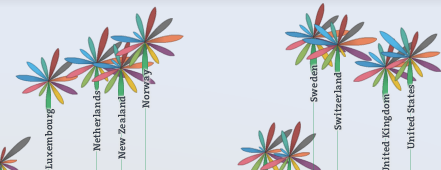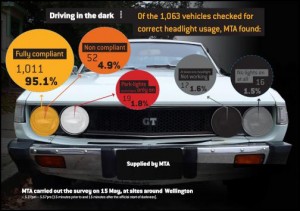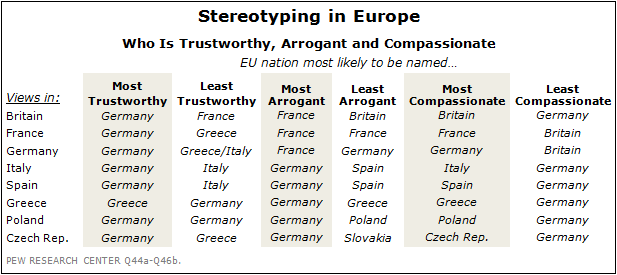The British consumer magazine Which? ran a mystery-shopper investigation of UK pharmacies recently. One of the topics they covered was homeopathic products, and in 13 of the 20 pharmacies where they asked about homeopathic remedies they got advice that violated the Royal Pharmaceutical Society guidelines for pharmacists. An information sheet from the society says that pharmacists should
when asked, assist patients in making informed decisions about homoeopathic products by providing the necessary and relevant information, particularly the lack of clinical evidence to support the efficacy of homoeopathic products. They must also ensure that patients do not stop taking their prescribed medication if they take a homoeopathic product. Importantly, pharmacists will be in a position to discuss healthcare options and be able to identify any more serious underlying medical conditions and, if required, refer the patient to another healthcare professional.
(the most current guidelines are not available to non-members, but similar advice is quoted by Which?).
One of the responses to these findings has been that the survey is too small to draw any conclusions, but as Ben Goldacre points out, if the sample is representative, a sample size of 20 is enough to be worried
With sample sizes this small, different ways of calculating the uncertainty give visibly different results (I get 41%-85% in R), but the practical implications are the same. If we can trust the sampling, at least 40% of pharmacists are providing advice that’s contrary to their professional guidelines and, since the mystery-shopper scenario was a patient who’d had a persistent cough for a month, advice that could actually be dangerous.
It would be interesting to know what the situation is like in NZ, especially as homeopathic products are specifically exempted from the new rules that will require evidence to support health claims.


